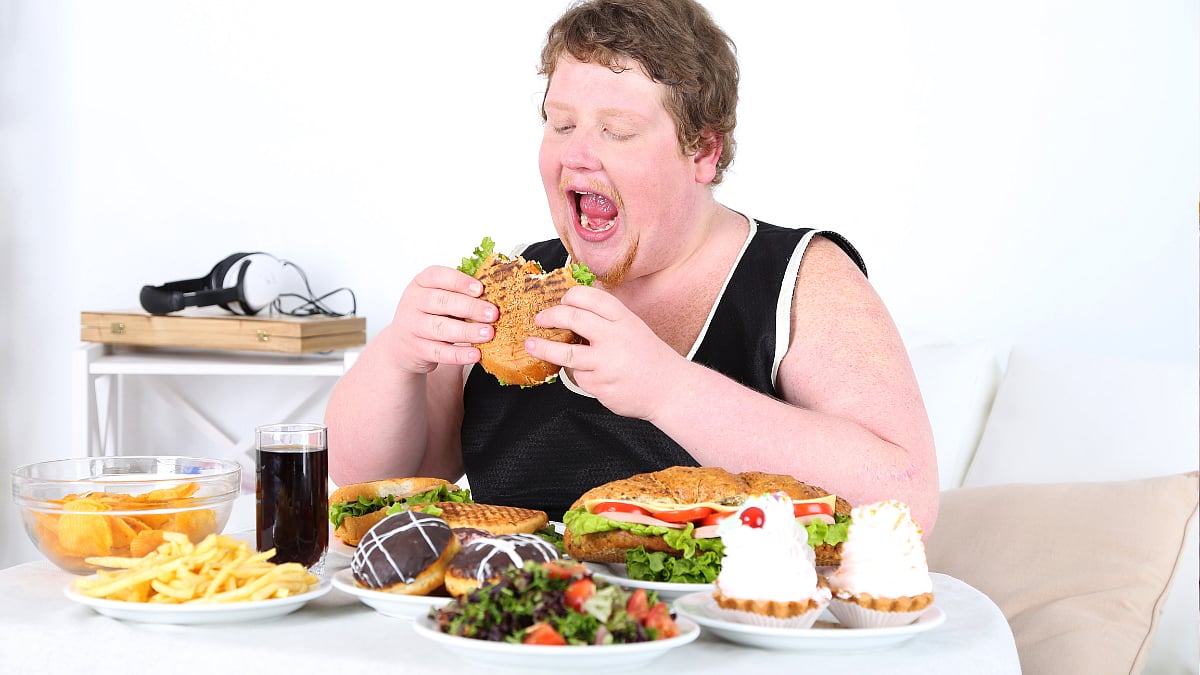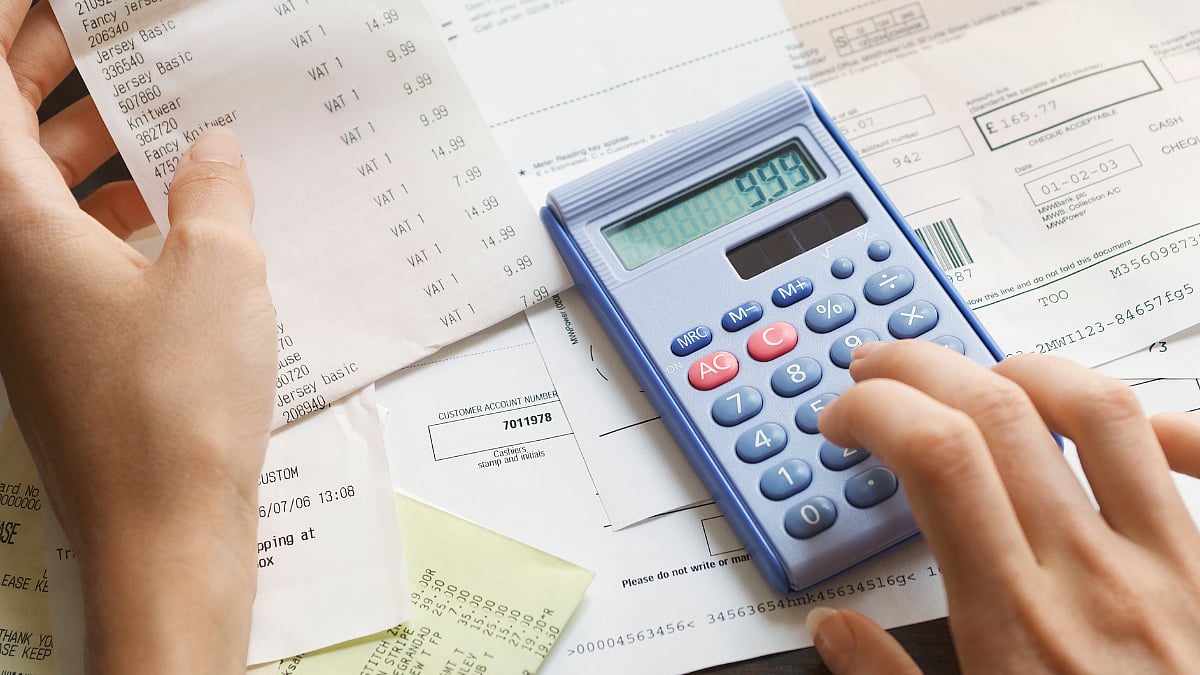Imagine indulging in a hearty meal that tastes so good you couldn't help but feast on it. But, as you conclude your meal, you begin to feel an overwhelming wave of drowsiness. Your eyes feel heavy, your body is tired, and all you can think about is taking a nap. This state, popularly known as “Food Coma,” is commonly experienced by many of us after a satisfying meal. But what exactly is a food coma, and why does it happen? Keep reading as we delve into understanding food coma, its causes, symptoms, prevention, and much more.

Freepik
What is Food Coma?
Scientifically called postprandial somnolence, a food coma is a state of feeling tired and lethargic that often occurs after a large meal. It is characterised by a sudden urge to rest or sleep after eating. This phenomenon is caused by physiological responses triggered by food intake, particularly due to overeating or having large meals.
Causes of Food Coma
Large meals
One of the primary causes of food coma is the consumption of a large meal in one sitting, which demands equal digestive effort. This process diverts blood flow to the digestive system, reducing the supply to other parts of the body, including the brain, which leads to feelings of lethargy.
High carbohydrate and sugar intake
Foods rich in carbohydrates and sugar can spike blood glucose levels in the body. The body responds by releasing insulin, which regulates the absorption of glucose into cells. This rapid fluctuation in blood sugar level can result in a subsequent drop, causing fatigue and nausea.

Canva
Production of amino acids and serotonin
Certain amino acids like tryptophan found in foods such as chicken breast, salmon, milk, eggs, and others are precursors to serotonin, a neurotransmitter that regulates mood and sleep. Increased serotonin production post-meal can promote feelings of relaxation and drowsiness, causing food coma.
Gastrointestinal hormones
Hormones such as cholecystokinin (CCK) and peptide YY are released during the digestion process. These hormones signal the feeling of fullness to the brain and can induce a calming and relaxed effect, leading to drowsiness after a meal.
Symptoms of Food Coma
Drowsiness and Fatigue
The most common symptom experienced due to food coma is a strong feeling of drowsiness. You may feel mild tiredness or an extreme urge to sleep. This drowsiness is the body's response to the energy diverted towards digestion, reducing overall alertness.
Sluggishness
You may find physical activity a tiring task, often because of the laziness and drowsiness experienced in the body. These symptoms occur due to the body's energy being directed towards digestion, reducing energy for physical exertion.
Decreased alertness
Alongside sluggishness, there is also an adverse effect on your cognitive abilities. Tasks that require concentration, like reading, working, or even having a conversation with someone, become difficult. You might find it hard to focus, experience slower reactions, and have trouble processing information.
Bloating
You may commonly feel bloated or physically uncomfortable after a large meal. The stomach adjusts to accommodate the consumed food, which may lead to a feeling of fullness, discomfort, or even pain. This bloating can make it hard to find a comfortable position, whether sitting or lying down, and can exacerbate feelings of lethargy.
How to Avoid/Treat Food Coma
Eat smaller meals
Instead of consuming large, heavy meals, which leads to food coma, opt for smaller and more frequent meals throughout the day. Practising this will prevent overwhelming your digestive system and help maintain steady energy levels in the body.
Have a balanced meal
Ensure your meal is well-balanced with essential nutrients such as carbohydrates, protein, and fats. Additionally, including fibre-rich foods can slow down digestion and prevent blood sugar spikes.
Limit sugar and refined carbs
Avoid excessive intake of sugary foods and refined carbohydrates, which can cause rapid fluctuations in blood sugar levels, leading to fatigue.
Chew your food thoroughly
Thoroughly chewing food is essential to aid digestion and allow your body to better process the nutrients. This can prevent the digestive system from becoming overwhelmed and reduce the risk of post-meal lethargy.
Take a short walk after a meal
Avoid sitting or lying down immediately post-meal; instead, engage in light physical activity by moving around or walking. This will aid digestion and boost your energy levels, which will help regulate blood flow and prevent tiredness.
Stay hydrated
Drinking plenty of water helps in digesting food and eliminates feelings of bloating and discomfort. Additionally, you can also drink herbal teas like ginger and peppermint, which soothe the digestive system, making the food easier to process.
Consume digestive aids
Lastly, to support digestion and reduce post-meal fatigue, natural digestive aids like probiotics, digestive enzymes, or herbal supplements such as ginger or fennel are a great source.
Zainab G, a Clinical Dietician and Sports Nutritionist, advised individuals on how to avoid food coma. She said, “Planning your meals plays an important role in preventing food coma. Balance your food intake by including a mix of complex carbs, proteins, and essetial fats for sustained energy. You can also opt for small to moderate portions to avoid overeating and loading your digestive system."
“Additionally, it is advisable to prefer home-cooked food with a good quantity of proteins and fibre rather than processed and canned foods, along with plenty of hydration to aid digestion,” she added.







.jpg)




